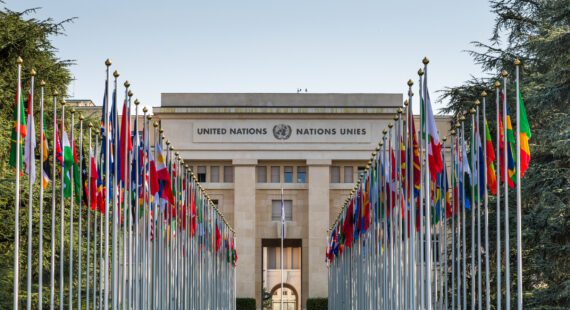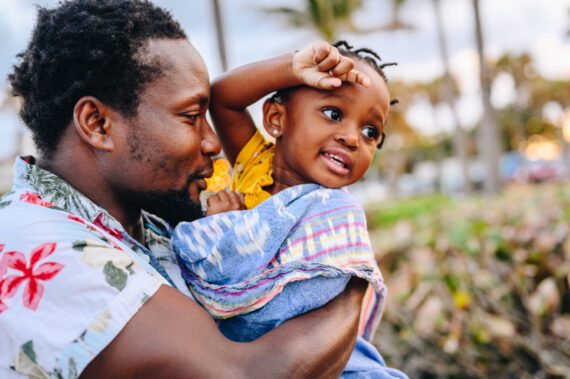By Rev. Dr. Angelique Walker-Smith
First of all, then, I urge that supplications, prayers, intercessions, and thanksgivings be made for all people, for kings and all who are in high positions, that we may lead a peaceful and quiet life, godly and dignified in every way. 1 Timothy 2:1-2
One hundred years after President Abraham Lincoln signed the Emancipation Proclamation that freed African peoples from the horror of chattel slavery in the United States, the Rev. Dr. Martin Luther King stated the following on August 28, 1963:
“Let us not seek to satisfy our thirst for freedom by drinking from the cup of bitterness and hatred. We must forever conduct our struggle on the high plane of dignity and discipline… We cannot be satisfied as long as the Negro in Mississippi cannot vote and the Negro in New York believes he has nothing for which to vote.”
Dr. King echoed the words of St. Paul, the missionary, to his younger mentee, Timothy, in I Timothy 2:1-2. Like Timothy, Dr. King was a mentee of moral leadership during his time. People like Rev. Dr. Howard Thurman, a mystic and scholar, and the Rev. Dr. Benjamin Mays, the past president of Morehouse College and a global Christian leader, come to mind. Ms. Ella Baker was also an important organizing and young adult strategist who worked with King.
Dr. King, St. Paul, and Timothy the Apostle cared deeply about the acts of supplications, prayers, and intercessions for the people and those in leadership. Each shared a vision of a peaceful, godly, and dignified life of the people shepherded by such leadership that would foster these spiritual virtues. They took risks that illustrated their commitment to this. But perhaps it was their unjust imprisonments that most dramatically displayed this – or in the case of St. Paul and Dr. King, their martyrdom.
The history of African peoples inside and outside the United States bears witness to similar sacrifices made by African peoples to obtain their emancipated freedoms in 1863 and 1865 – religious liberty, citizenship, and the right to vote and run for elected office. Still, these gains are challenged by economic and racial structures, policies, and practices that fuel the disproportionate numbers of African peoples affected by hunger and poverty. The historic and present stubborn barriers of voter suppression, the assault of reduced voter protections, and the lack of voter rights after imprisonment disproportionately affect the voting rights of people of African descent in the U.S. persist. Even in a post-President Obama presidency season, there are no viable presidential candidates from racial-ethnic groups not of European descent.
How are we to end hunger and poverty without electing leaders who address these indignities? Voting at every level, completing the census, and fair representation matter! I invite you to reflect further on these themes with Bread for the World’s Pan African devotional guides: In Times Like These … A Pan-African Christian Devotional for Public Policy Engagement and Lament and Hope. I also invite you to learn more about Bread’s 2020 Election Platform and watch the what the presidential candidates say they will do to help people living in hunger and poverty. Then I encourage you do your part to advocate for an end to these indignities!
Angelique Walker-Smith is senior associate for Pan African and Orthodox Church Engagement at Bread for the World.



